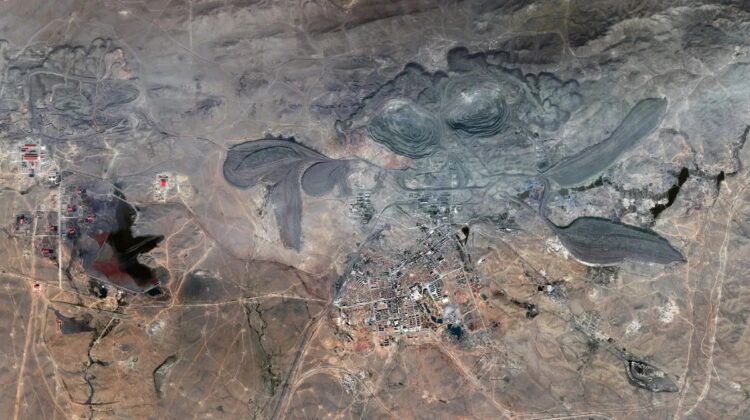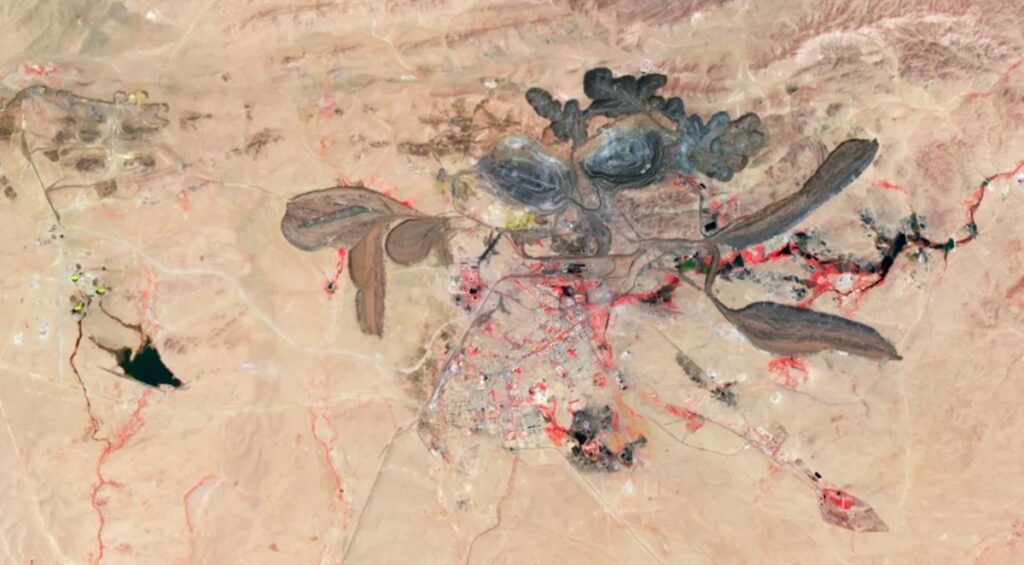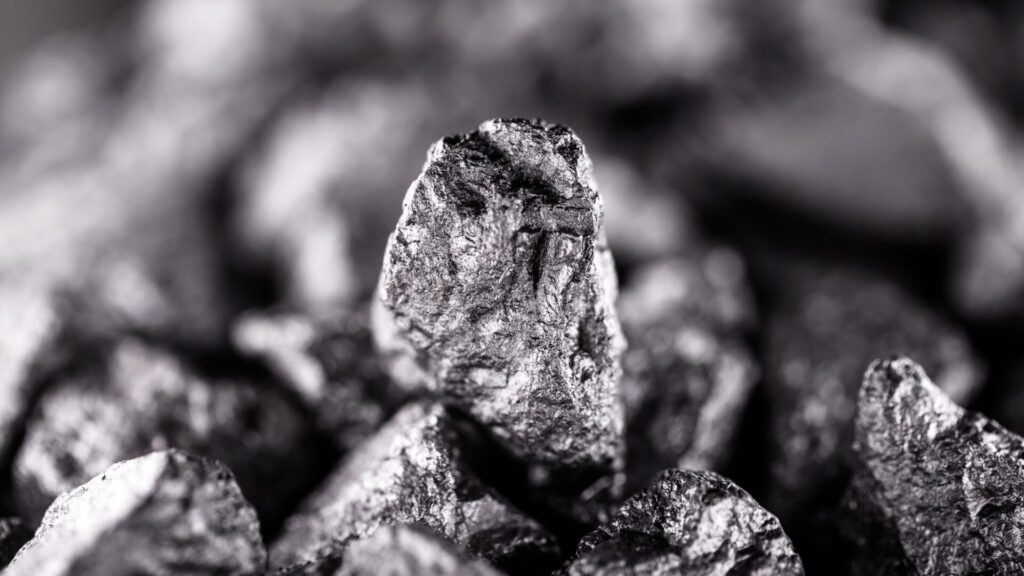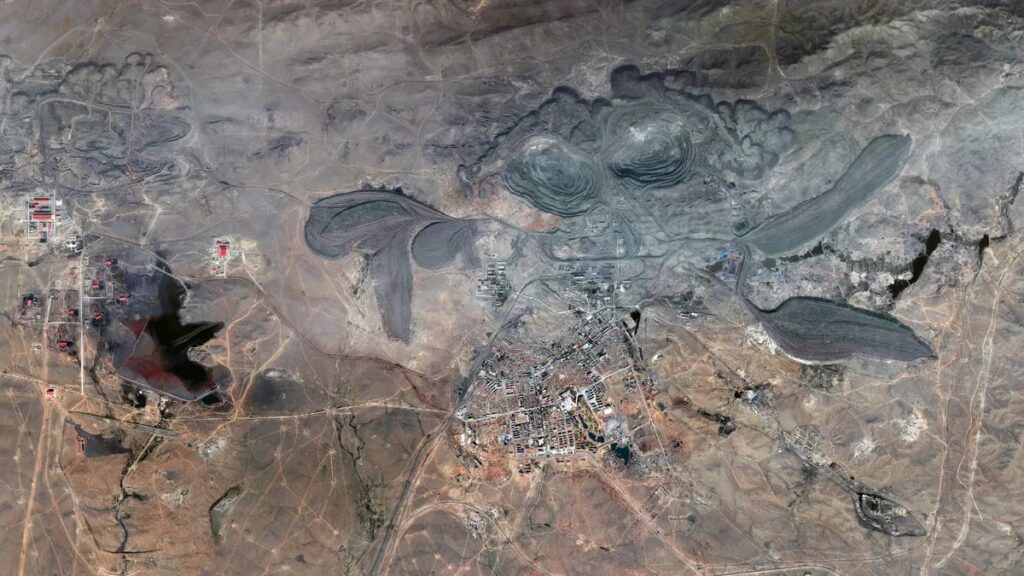
Geologists in China have made a groundbreaking discovery within the Bayan Obo Mining District of Inner Mongolia – a new ore rich in niobium, an invaluable metal known for its exceptional properties. This remarkable find, termed “niobobaotite,” was recently announced by the China National Nuclear Corporation (CNNC), unveiling a treasure trove of essential elements, including barium, titanium, iron, chlorine, and, most notably, niobium.
Niobium’s versatility and unique characteristics have made it a highly sought-after metal in various industries. It plays a crucial role as an additive in alloys, particularly in the production of high-strength steel. Thanks to its remarkable resistance to corrosion and heat, materials infused with niobium are employed in diverse applications such as rocket construction, oil pipeline systems, and the engines of jet aircraft. In fact, the United States predominantly utilizes niobium alloys in the manufacturing of fighter jet engines, underscoring the metal’s strategic significance.

Image credit: NASA Earth Observatory
One of the most prized features of niobium is its superconductivity, which allows it to conduct electricity without any resistance or energy loss when exposed to ultra-low temperatures. This exceptional property positions niobium as a vital material for producing magnets used in advanced technology equipment like particle accelerators and magnetic resonance imaging (MRI) scanners.
Situated just 90 kilometers (55 miles) south of the China-Mongolia border, the Bayan Obo Mining District boasts the world’s largest known deposits of rare-earth elements, a pivotal factor in China’s global dominance in the rare metal market. The recent discovery of niobobaotite in this region carries significant geopolitical implications.

Before this revelation, Brazil was considered the primary custodian of niobium resources, holding approximately 98 percent of the world’s known niobium reserves and supplying approximately 85 percent of the global demand. Former Brazilian president Jair Bolsonaro was notably fixated on Brazil’s niobium resources, even wearing a necklace crafted from black niobium, which he often brandished in front of foreign journalists while emphasizing Brazil’s sovereignty over the Amazon.
Bolsonaro once envisioned the creation of a “Niobium Valley,” analogous to Silicon Valley, underscoring the immense potential he saw in this unique metal. However, China’s newfound niobium deposits could significantly shift the balance of niobium power.

China, known for producing nearly half of the world’s crude steel, heavily relies on imported niobium, primarily from Brazil. The discovery of this new source could potentially transform China into a self-sufficient niobium producer. According to Antonio H. Castro Neto, a professor of electrical and computer engineering at the National University of Singapore, “Depending on the volume and quality of this niobium, it could make China self-sufficient.” This shift has the potential to reshape the global landscape of niobium production and further bolster China’s position in the worldwide steel industry.

Leave a Reply